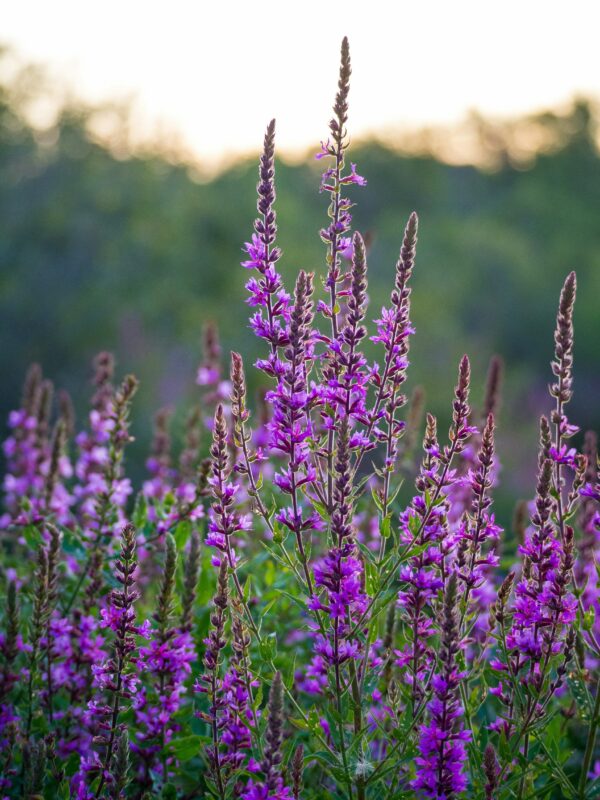
Starting a home garden is a rewarding way to connect with nature, grow fresh produce, and contribute to healthier natural places. In Minnesota, where the seasons dictate planting cycles, adopting sustainable gardening practices ensures a thriving garden while minimizing your impact. Whether you’re a beginner or looking to enhance your gardening efforts, these tips will help you cultivate a vibrant and sustainable garden.
Choosing the Right Plants
Selecting the right plants for Minnesota’s climate is key to a successful garden. Opt for native plants, which require less water and are more resistant to local pests and diseases. Some excellent native options include:
- Wild Bergamot – A pollinator-friendly plant that thrives in Minnesota’s soil.
- Purple Coneflower – A hardy perennial that attracts bees and butterflies.
- Milkweed – Essential for monarch butterflies and great for biodiversity.
- Raspberries & Blueberries – Cold-hardy fruit options perfect for Minnesota gardens.
When it comes to vegetables, cool-season crops like lettuce, spinach, carrots, and peas can be planted early in spring, while tomatoes, peppers, and squash thrive in the warmer months. Choosing heirloom or organic seeds ensures that your plants are free of synthetic pesticides and genetically modified organisms (GMOs).
Sustainable Soil Management
Healthy soil is the foundation of a thriving garden. Instead of relying on chemical fertilizers, enrich your soil naturally with compost. Composting kitchen scraps, grass clippings, and leaves creates nutrient-rich soil while reducing household waste.
Another care for place practice is mulching, which helps retain moisture, suppress weeds, and regulate soil temperature. Use natural mulch materials like straw, wood chips, or shredded leaves to improve soil health without synthetic additives.
Water Conservation Techniques
Watering efficiently is essential in sustainable gardening. Here are some ways to reduce water waste:
- Collect Rainwater – Use rain barrels to capture and store rainwater for garden irrigation.
- Water in the Morning or Evening – Reduce evaporation by watering during cooler parts of the day.
- Use Drip Irrigation – A slow-release system that delivers water directly to plant roots, reducing runoff.
Natural Pest Control
Avoid chemical pesticides that can harm beneficial insects and pollinators. Using organic sprays can deter insects without harming our natural spaces.
Supporting Pollinators
Bees, butterflies, and hummingbirds play a vital role in a healthy garden. Support pollinators by planting nectar-rich flowers and avoiding chemical treatments that disrupt their habitat. A pollinator-friendly garden enhances biodiversity and improves crop yields.
Start Your Garden Today
Gardening not only benefits your plants but also helps conserve resources, cares for wildlife, and reduce waste. By choosing native plants, conserving water, and using natural pest control methods, you can create a thriving garden right in your backyard. Embrace the joys of gardening while making a positive impact on Minnesota’s natural places—one plant at a time!